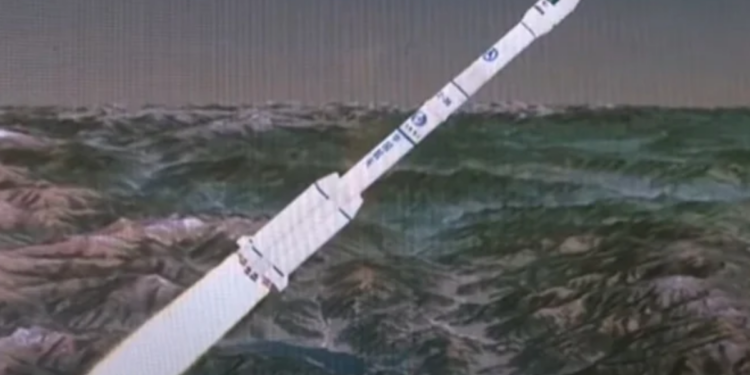PAKSAT MM1 – Pakistan’s advanced communication satellite, PAKSAT MM1, has been launched into space in collaboration with China, making it Islamabad’s second satellite to be sent into orbit.
A satellite launched from China’s Xichang Satellite Launch Center will help bring internet access to remote areas in Pakistan, moving the country into the digital age, according to Pakistan’s Space and Upper Atmosphere Research Commission (Suparco).
The satellite, which will take about four days to reach space, is expected to help create an advanced communication network. It will meet the growing needs of the telecom sector, providing high-speed internet and better connectivity.
The agency, in a statement, had said: “This high-power multi-mission satellite will provide communication services in C, Ku, Ka Bands and SBAS services in L Band.”
Based on advanced communication technologies, PakSat-MM1 will play a pivotal role in the socio-economic uplift of the country, Suparco said.
Prime Minister Shehbaz Sharif congratulated the nation on the satellite’s launch, hoping it would help provide the fastest internet facility throughout the country.
“I am particularly excited about the potential impact of Paksat MM1 on internet connectivity across Pakistan,” the premier said in a statement.
The prime minister said that Paksat MM1 would not only enhance the lives of Pakistani citizens but also contribute to the promotion of economic activities, e-commerce, and e-governance.
Before PAKSAT MM1, Pakistan launched its first lunar mission called iCube-Q on May 3. It was carried by China’s Chang’E6 from Hainan, China.
The mission aimed to explore the moon, a major achievement for Pakistan in space exploration. The satellite iCube-Q was created by the Institute of Space Technology (IST) with help from Shanghai University SJTU and Pakistan’s space agency SUPARCO.
It successfully took and sent back its first pictures from lunar orbit, giving new views of the moon’s surface.









